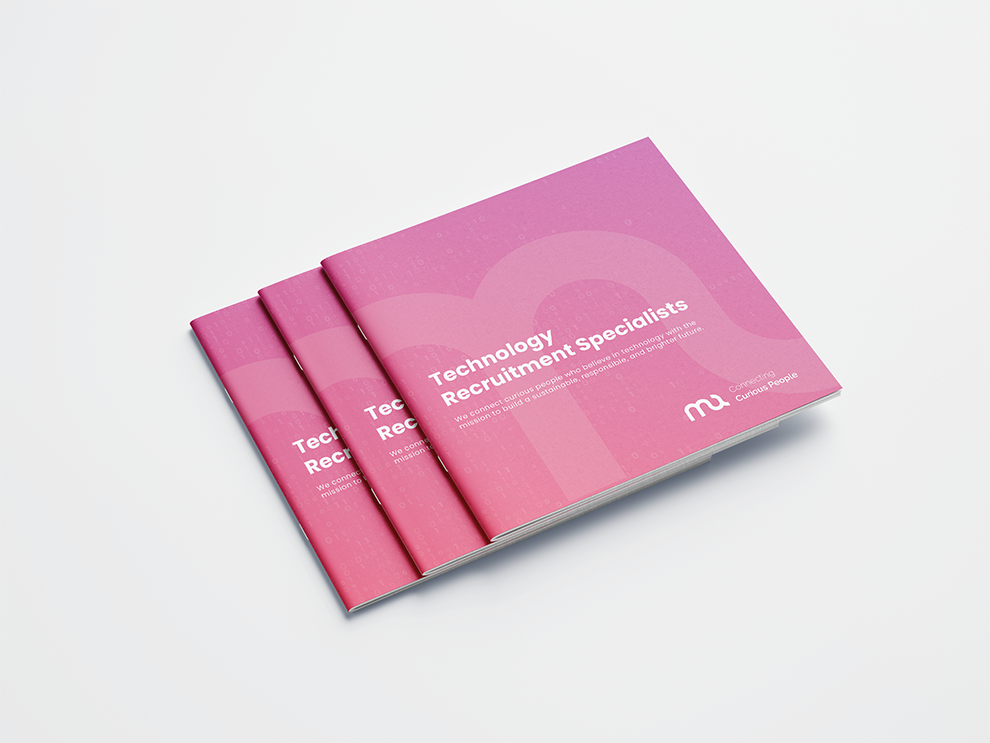Recruitment – an industry ripe for digital disruption
13 May, 20185 minsRecruitment is an industry that excels in many areas – in terms of revenue generated per sta...

Recruitment is an industry that excels in many areas – in terms of revenue generated per staff member (versus expenditure), it’s among the best performing in the world. As is the issue with many ‘perfect’ business models, however, the swinging pendulum of time has made change essential to stay ahead of the competition. Within this very same business model we will see specialists who are, quite rightly, resistant to any change that could affect their bottom line - particularly with a glut of RecTech companies recurringly hawking their questionable wares.
According to a recent survey from Deloitte, however, UK companies in general are wholly unprepared for the impact that digital disruption will have on the workforce. While 42% have implemented some form of robotics or AI technology, just 16% are “ready to manage a workforce where these technologies and people work side by side”. Digital disruption is commonly understood as “the change that occurs when new digital technologies and business models affect the value proposition of existing goods and services”.
For recruitment to enter the modern age of business, comply with various regulations around the handling and storage of data, and increase profitability, the key is clearly digital transformation… but why is it yet to fully impact the industry?
In terms of recruitment, digital transformation initiatives can include utilising AI technologies to assess the glut of Big Data generated, creating actionable insights to boost profitability or efficiency. Another example comes from the advent of LinkedIn – with a huge number of job seekers (72%) now searching for roles on mobile devices, the recruitment sector pivoted and almost immediately adjusted their strategies to appeal to this audience. A further example takes the form of AI candidate screening to reduce the amount of admin work specific recruiters are required to do.
The key themes with each of these examples is simple – profitability. Each of these strategies are already in use today - designed to either grow the amount of capital coming in to a specific recruitment business, or to reduce the resource required to meet that same level of income. So, what’s holding the Recruitment sector back from integration?
In the early stages of Digital Transformation, the recruitment sector flirted with integration in the form of CV parsing – using technology to assess suitability based on keywords… a foray that did not produce the promised results, and actively turned off candidates who may otherwise have been good fits. In recruitment, when the human element is pitted against automatic processes, the human factor will win out every time. Setbacks such this have clearly soured the industry towards such transformative efforts.
For recruitment to truly embrace digital transformation, we need a fresh start. Any efforts towards this change must bear one thing in mind – computers can’t effectively do the job of recruiters.
Instead, efforts must be made to reduce recruiters time spend on non-billable tasks – freeing up their time to focus on sourcing candidates, developing relationships and conducting interviews. The recruitment industry is currently performing at never before seen levels… and recruiters know this. For digital transformation to succeed, a proactive approach to learning new digital skills and embrace new technology must be tempered with actual, demonstrable business benefit.



